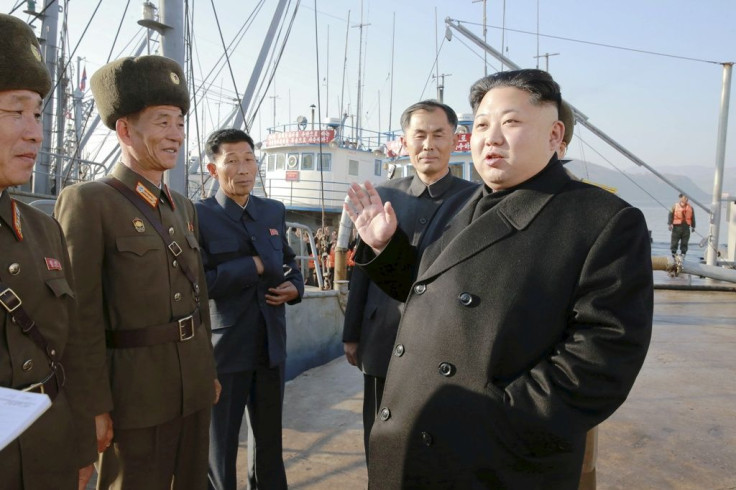North Korea Radio Broadcasts Cryptic Numbers, Likely To Be Coded Messages For Spies In South Korea, Report Says

A state-run radio station in North Korea broadcast a series of cryptic numbers Friday, which could likely be a coded message for its agents in South Korea, Yonhap News Agency reported. The broadcast comes within a week of the isolated nation sending out random numbers Sunday.
The latest numbers were broadcast on Radio Pyongyang just about an hour after midnight Seoul time (11 a.m. EST Thursday), according to Yonhap, which added that this was the fourth such possible message put out this month.
The South Korean news agency noted that the announcement of cryptic numbers are viewed as a sort of book cipher used by Pyongyang to assign missions to secret agents operating in the neighboring rival country. However, several intelligence officials believe that such a form of communication or sending orders is obsolete.
Furthermore, Yonhap reported that putting random numbers on air is also believed to be a kind of sort of psychological conflict to trigger internal dispute within South Korea.
The Kim Jong Un-led country had stopped such broadcasts after the North and the South held their first historic summit in 2000. However, Pyongyang resumed sending out coded messages 16 years later — on July 2014.
The broadcasts also come amid concerns about the reclusive country, which has carried out series of missile tests since the beginning of this year, drawing criticism from world powers. Pyongyang is also believed to be developing an intercontinental ballistic missile (ICBM) equipped to mount a nuclear bomb.
In a July report by the New York Times, Kim Dong-sik — a former intelligence officer for North Korea, said that the broadcasts of random numbers should be taken seriously. Kim, who now works as as a senior analyst at South Korean think tank, the Institute for National Security Strategy, explained that “the old number broadcasts are still a dependable and preferable means of communication for spies” when the counterintelligence officials still use sophisticated methods to monitor the digital communication of suspected spies.
“We should assume that the North is using the radio broadcasts to communicate with its agents here or is at least using them to train spies,” Kim added.
© Copyright IBTimes 2024. All rights reserved.






















